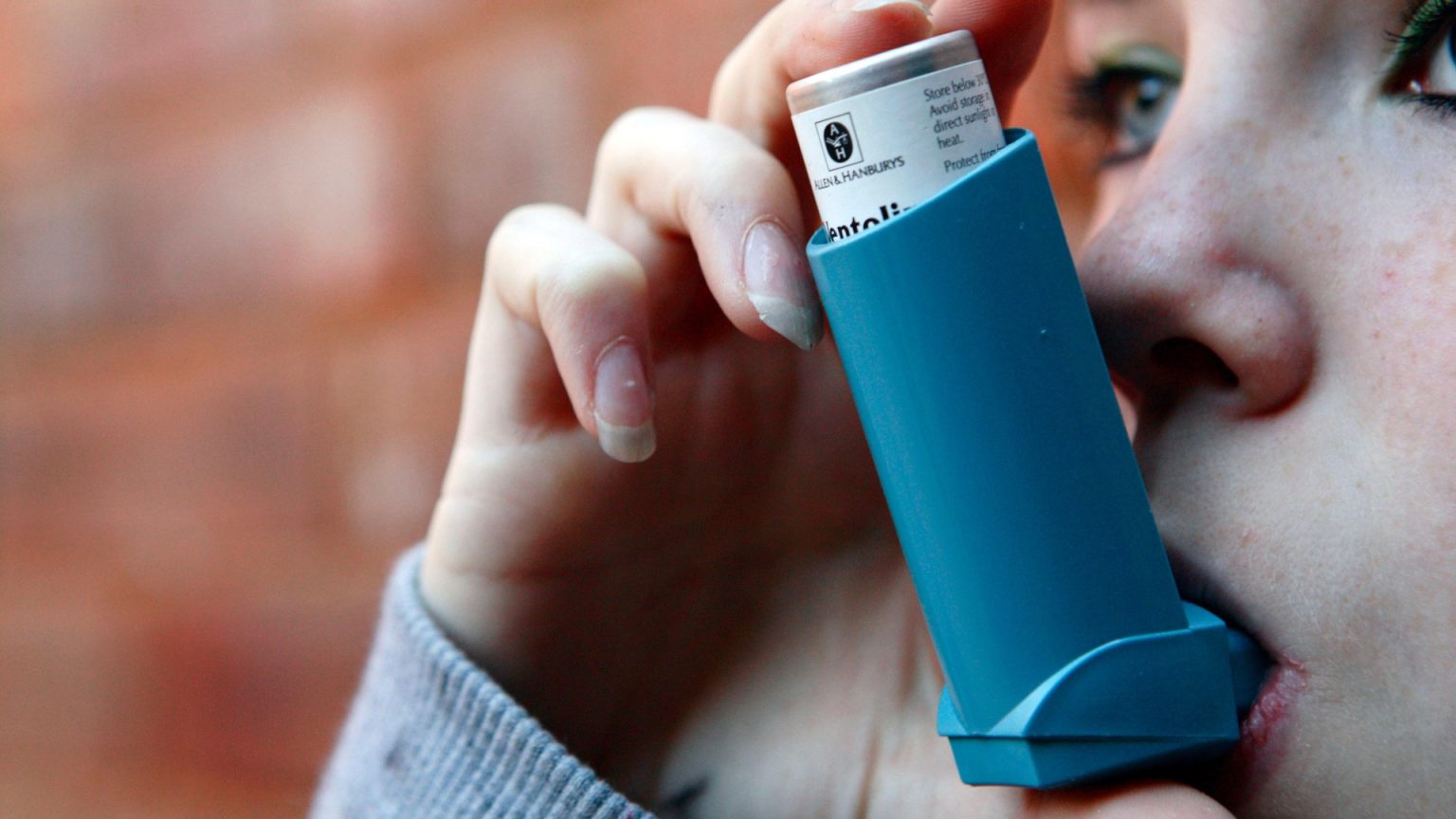Asthma, a chronic respiratory condition affecting millions worldwide, poses a significant health risk, particularly when not managed effectively. The United Kingdom, unfortunately, holds a concerning statistic, bearing one of the highest asthma death rates in Europe. Since 2014, a staggering 12,000 lives have been lost to fatal asthma attacks, highlighting the urgent need for improved asthma management strategies. A crucial aspect of this management lies in the proper use of inhalers, the primary delivery method for asthma medication. However, a recent survey published in the British Medical Journal (BMJ) reveals a worrying trend: a significant proportion of asthma patients are overusing their inhalers, potentially jeopardizing their health and increasing their risk of adverse outcomes.
The BMJ study, though small, suggests a widespread issue of inhaler overuse among UK asthma patients. With approximately seven million people in the UK living with asthma, the survey’s findings indicate that up to two million individuals may be exceeding the recommended dosage of their inhaler medication. This overuse is particularly alarming as it can have detrimental effects on both asthma control and patient safety. Exceeding the prescribed number of doses can disrupt the delicate balance required to manage asthma effectively, potentially leading to worsened symptoms, increased vulnerability to asthma attacks, hospitalizations, and even death. The researchers emphasize the gravity of this issue, highlighting the potential for serious consequences when inhalers are not used as directed.
Beyond the immediate risks associated with uncontrolled asthma, inhaler overuse can also have broader health implications. A 2016 study conducted by the University of Arizona found a link between the overuse of albuterol, a common inhaler medication, and an increased risk of depression. This underscores the importance of adhering to prescribed dosages and consulting with healthcare professionals about any concerns regarding inhaler use. The BMJ study’s findings are based on an examination of over 2,600 pressurised metered-dose inhalers (pMDIs) returned through a recycling scheme. pMDIs are the most commonly prescribed type of inhaler in the UK, representing the majority of inhaler prescriptions. The researchers also surveyed patients using these inhalers to understand their usage patterns.
The survey revealed that over one-third of asthma patients with dose counters, which indicate the remaining puffs in an inhaler, were overusing their medication. Similarly, nearly one-quarter of patients without dose counters were also overusing their inhalers. A concerning finding was that over half of the individuals using inhalers without dose counters were unaware of when their inhaler was empty. Furthermore, a significant proportion of patients with dose counters continued to use their inhalers even after the counter reached zero. This highlights a critical gap in patient knowledge and understanding regarding proper inhaler usage. Experts warn that improper inhaler use can have life-threatening consequences. Dr. Andy Whittamore, a GP and clinical lead for Asthma + Lung UK, emphasizes the importance of adhering to prescribed medication regimens. Failure to do so can not only exacerbate asthma symptoms but also compromise the effectiveness of the medication during an asthma attack, potentially leading to fatal outcomes.
The proper use of an inhaler is crucial for effective asthma management. When using a new inhaler or one that hasn’t been used for several days, it’s essential to test it by shaking the canister and spraying it once into the air. This ensures that the inhaler is functioning correctly. Next, remove the cap and inspect the mouthpiece for any obstructions. Shake the inhaler again before use. Maintain an upright posture, either standing or sitting, with your chin slightly tilted upwards. This position facilitates the optimal delivery of the medication to the lungs. Exhale fully before placing your lips around the mouthpiece, forming a tight seal. Breathe in slowly and steadily while simultaneously pressing down on the inhaler once. Continue inhaling until your lungs feel full.
After removing the inhaler from your mouth, hold your breath for up to 10 seconds, or as long as comfortable, before exhaling gently. If a second puff is required, wait 30 seconds to a minute, shake the inhaler again, and repeat the process. Once finished, replace the cap. For inhalers containing steroids, rinsing your mouth with water and spitting it out afterwards can help minimize potential side effects. The frequency of inhaler use varies depending on the type of inhaler prescribed. Reliever inhalers are used as needed to alleviate sudden asthma symptoms, while preventer inhalers are taken daily to control inflammation and prevent future symptoms. It is crucial to follow your doctor’s instructions carefully regarding the frequency and dosage of your inhaler medication. Regular communication with your healthcare provider is essential to ensure optimal asthma management and address any concerns or questions you may have about your inhaler use.











